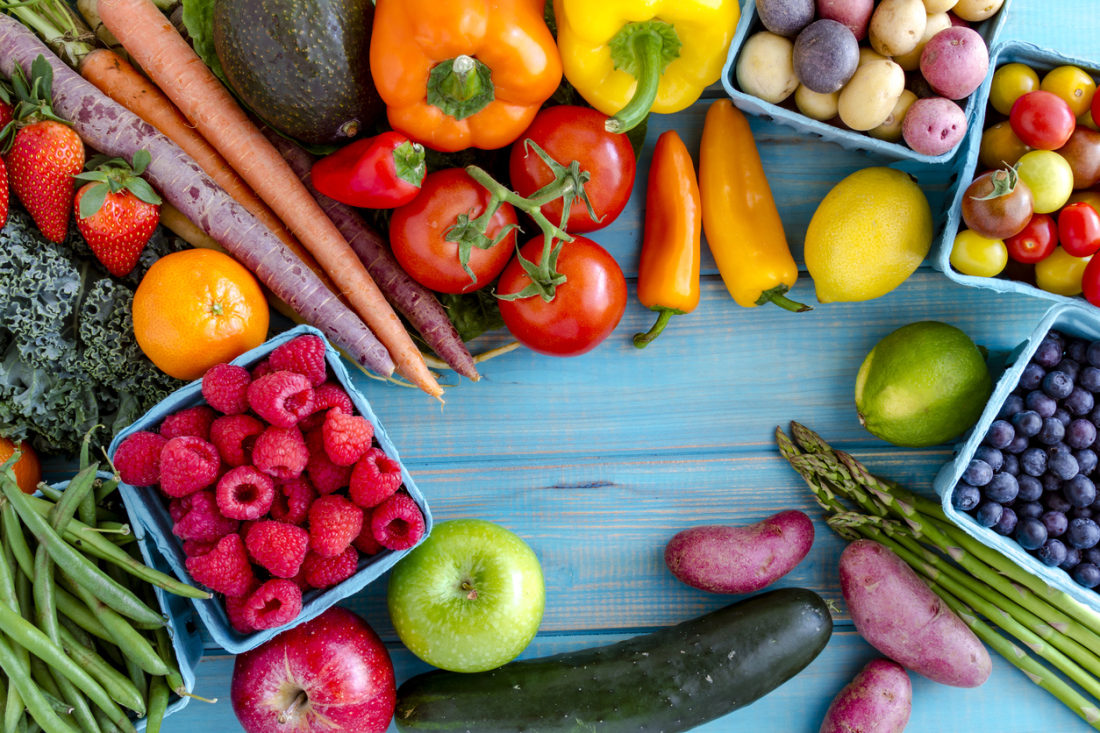“I’ve recently decided to become a vegetarian but it’s easier said than done! Do you have any tips to help with the transition?”
I never agreed with the meat industry, but it wasn’t until I had to cook for myself that I began to fully consider vegetarianism for a number of reasons, including:
Money – Seriously your loan does not cater for steaks;
Environment – Meat production uses up a huge amount of land, energy and water;
Health – You will (statistically) live longer;
Time – Generally, veggie dishes are quicker to prepare than meat dishes, which is ideal when your deadlines start hitting;
Animal rights – You will no longer be supporting a cruel industry.
If you’ve been thinking about making transition to #Vegetarianism but aren’t sure where to start, follow these tips.https://t.co/JAAtd9VltX pic.twitter.com/iLlpZJjDnm
— Lucky Foods (@luckyfoods) November 3, 2017
Despite these appeals, the transition can still seem daunting, so here are my top tips for phasing meat out of your diet:
Protein: Make sure you are getting enough! While many people go straight to Quorn for their protein, eggs are also a great solution. For anyone brave enough to go vegan, beans, pulses and nuts can be an ideal substitute, and my sister absolutely swear by tofu (although it’s a little tricky to cook so leave time to experiment). Make sure to alternate a few different sources of protein, rather than just relying solely on meat substitutes. Having said that….
Quorn: Quorn is a lifesaver, and even better, a large amount of Quorn products are also vegan. My rookie error as a fresher was simply to replace absolutely everything with halloumi. Do NOT do this – cheese is amazing, but also incredibly fatty (and still an animal product). Quorn is a great substitute as it allows you to cook most meals the same as you normally would, without having the ‘is my chicken properly cooked’ worry. I know many vegetarians who lapse after a night out because of chicken nuggets, but other than the fact that Crispy’s don’t sell them, Quorn nuggets are just as good!
Flexitarianism: For anyone who struggles to totally eradicate meat from their diet, I would 100% recommend flexitarianism or pescitarianism. Flexitarianism is a new trend referring to those who only occasionally eat meat, this more flexible approach can be ideal if you have just become vegetarian at University, as when you go home there is bound to be at least one person who forgets.
Expect the unexpected: Finally I would just warn you that there are many unexpected things which aren’t vegetarian friendly. These include (but aren’t limited to) some wines, make-ups, sweets and even some cheeses. So, if you are going to commit to the lifestyle, make sure to check your labels.
While some people find that they can cut meat out their diet in one fell swoop, for me, it was a slow transition – I stopped cooking meat for myself long before I stopped buying it in restaurants. So, though initially it may seem challenging, the key is to be open to trying new things; whether that’s vegetarianism itself, or even just that first vegetarian recipe.
Rosie Plummer
Photo credit: http://mentalfloss.com/article/500926/whats-difference-between-fruits-and-vegetables

